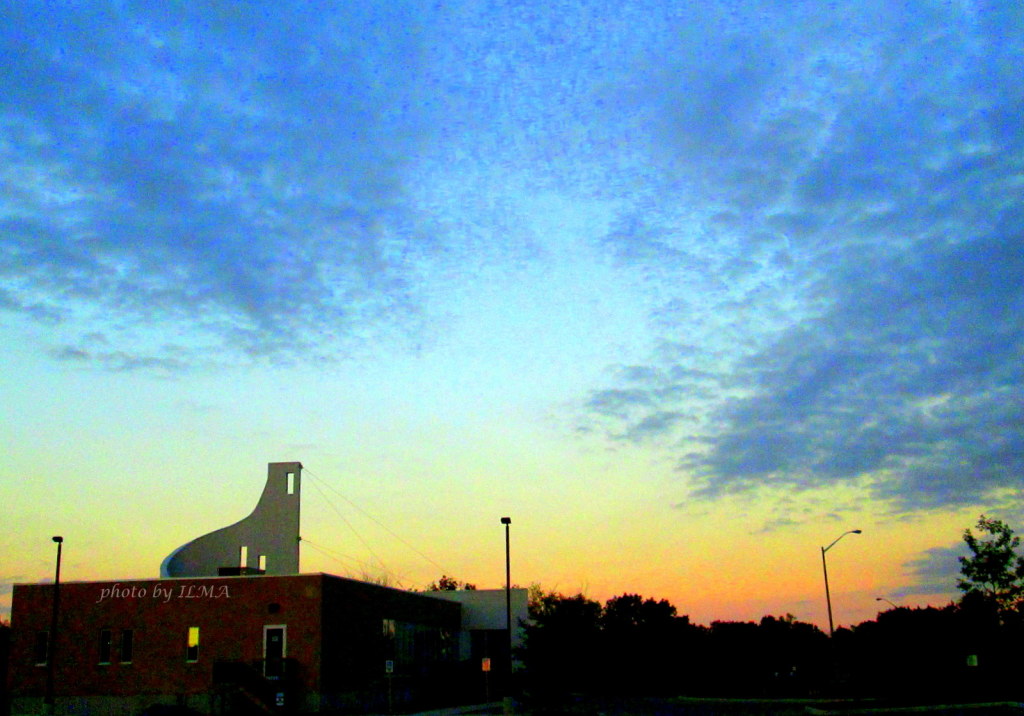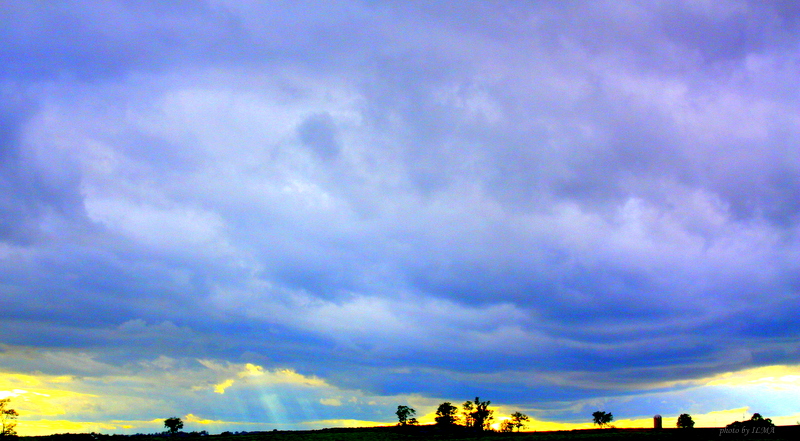December 27
PROVERBS 24
17 Do not rejoice when your enemy falls,
and let not your heart be glad when he stumbles,
18 lest the LORD see it and be displeased,
and turn away his anger from him.
– Proverbs 24:17-18
PROVERBS 24 ON GLOATING OVER THE ENEMY’S FAILURE
A poem by ILMA inspired by these verses
As you serve the Lord Jesus Christ, humility is a must
The Lord himself gave up his divinity and became a man
Those who follow Christ must exercise love for their enemies
Instead of gloating over their failure, pray for them instead
The believer knows that there are spiritual forces working in them
They are aware of the darkness that causes them to be tempted.
In James chapter 3, he expounds on the meaning of the wisdom that comes from above. He says that those who are wise and understanding manifests good conduct in exercising humility as he exercises wisdom. James warns us of bitter jealousy and selfish ambition as the causes of boasting or gloating. Instead, he advises us to adhere to the truth. He says that selfish ambition and envy does not come from the Lord up above but is unspiritual and demonic. When jealousy and selfish ambition exist, there’ll be disorder and every despicable act. He then explains that the wisdom from above is first pure, then peaceable, gentle, open to reason, full of mercy and good fruits, impartial and sincere and a harvest of righteousness is sown in peace by those who make peace.
In Luke 6:27-28 Jesus gives us a radical teaching on our enemies. He says “But I say to you, “Love your enemies, do good to those who hate you, bless those who curse you, pray for those who abuse you. This teaching is also reiterated in Matthew 5:43-45 which says “You have heard that it was said, ‘You shall love your neighbor and hate your enemy.’ But I say to you, “Love your enemies and pray for those who persecute you.” so that you may be sons of your Father who is in heaven.
REFLECTION
• Why do humans have a tendency to gloat over their enemy’s failure?










